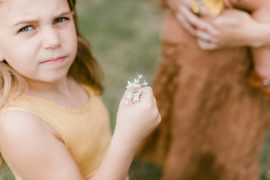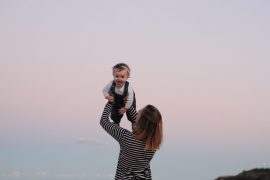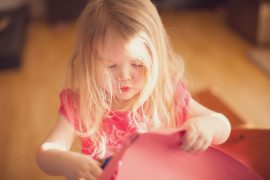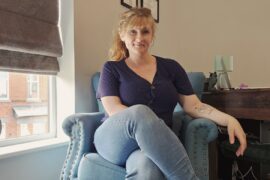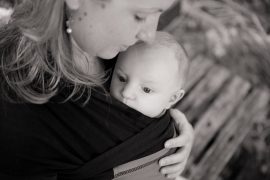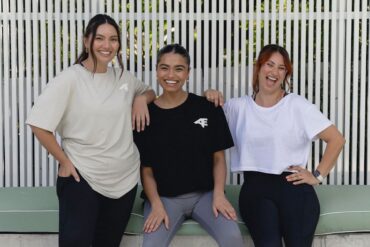To reduce stress in your home:
- Declutter, and implement toy rotation. A clearer space is less visually stressful and more calming, children can find the book or toy they are looking for without dumping everything out (and you can find that important letter you were looking for too!) and there are fewer things to tidy up at the end of the day. Our home is frequently messier than I would like, but I know that when it’s tidy and spaces are clear, everyone feels happier and more relaxed.
Start small and work your way up – for many people, myself included, it’s an ongoing journey.
- Consider removing items from your home which are a source of more conflict than joy. Yes, that might include the TV! I know it sounds like a big step, but if you are constantly having to fend off requests to put the television on, I really urge you to consider it. Besides, it’s so easy to watch shows on a laptop (which can be hidden away after you’ve finished), and ditching the TV might create extra space for some bookshelves or that vintage sideboard you’ve been eyeing up…
- Arrange things so that older children can reach what they need – paint, sharp kitchen tools, scissors – whilst keeping them out of the reach of little fingers who are still learning to use these materials with care. Shelves or spice racks fixed to the wall are a great way to make a shared space work for everyone.
- If you live in a rented home, consider having a proactive chat with your landlord about changes you could make. If you have pale carpets for example, could you speak about taking the carpet up and having floorboards instead?
If walls are the problem, what about offering to repaint with “easy to clean” paint?
- Many landlords will be happy for their tenants to make positive changes to a property, especially if you plan to stay there long term. If it’s not possible, then you may want to limit paints and ink to the kitchen, or only bring them out under supervision – with a mat under the easel! – leaving crayons out instead.
Whilst you are thinking about “yes spaces”, I’d also like to encourage you to think about “yes spaces” out of the home. By all means think about your garden, but also out and about. Which spaces feel good to spend time in? Can you go there more often, avoiding places which lead to more conflict?
Eloise Rickman is an author, parent educator and founder of ‘A Beautiful Childhood’. She works with clients around the world through online courses and coaching. Her work focuses on evidence-based parenting, home education, and helping families find more rhythm and ease in their daily lives. Extraordinary Parenting (Scribe, 2020) is her first book.
Eloise is a trained doula, and previously studied social anthropology at Cambridge University where she first became interested in how childhood and family practices shape society. She believes that parenting can be a radical act, and that changing the way we raise and educate children has the potential to shape and change society for the better.
Influenced by the Montessori and Waldorf approaches, amongst others, and trained in nonviolent communication, Eloise works in a non-judgemental and empathetic way to hold space for parents to find ways for themselves and their children to get their needs met.
Eloise lives in South London in a sunny little house full of books with her husband and young daughter, who has been home educated from birth. You can find her on Instagram and join her free Facebook group.



